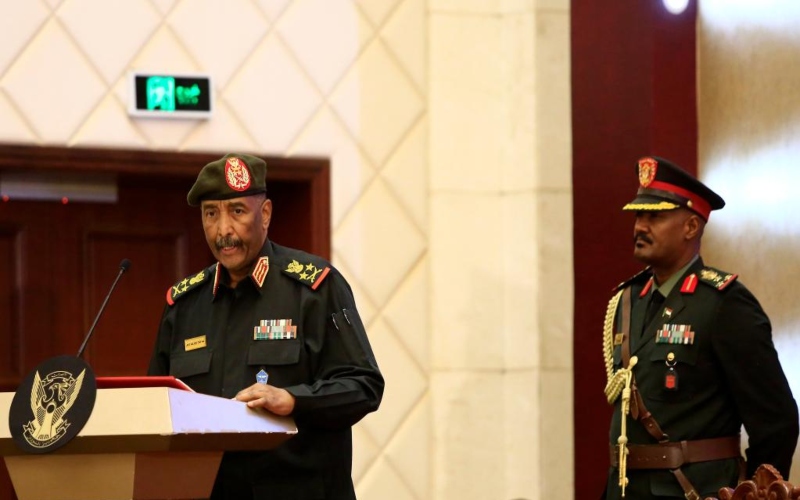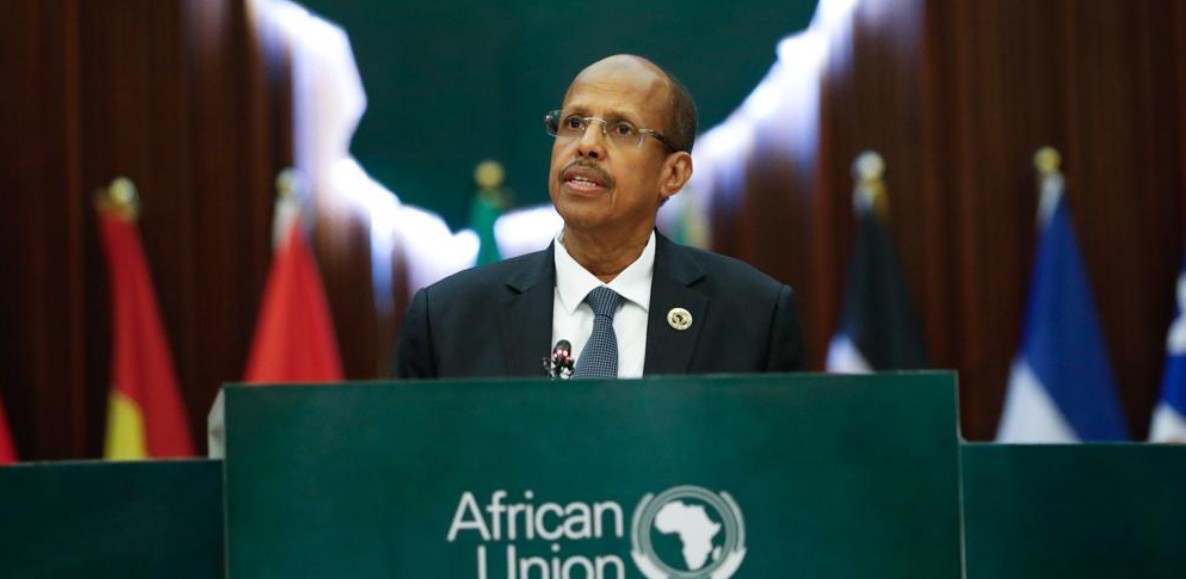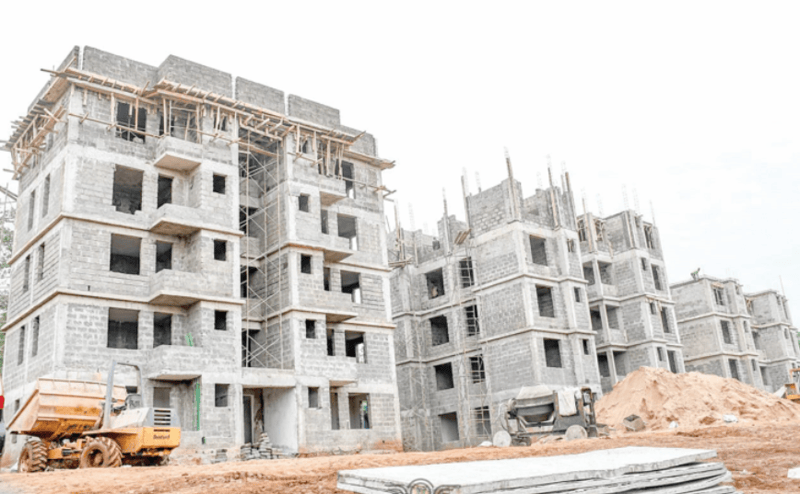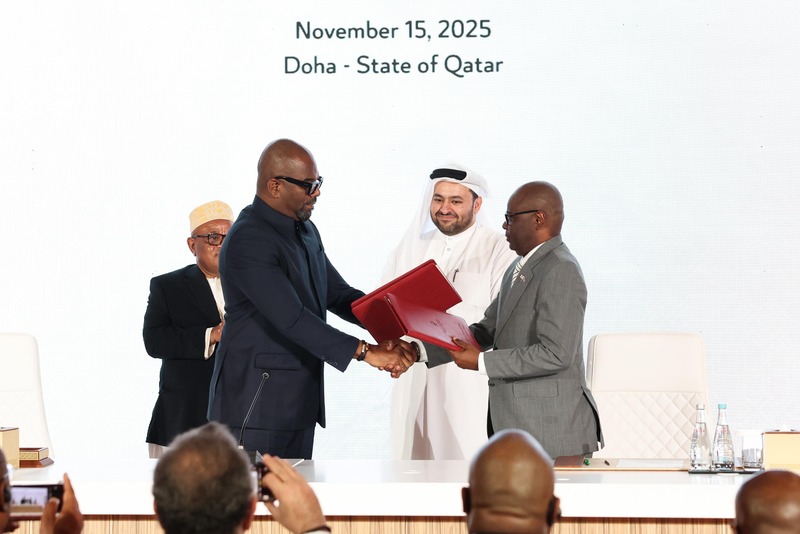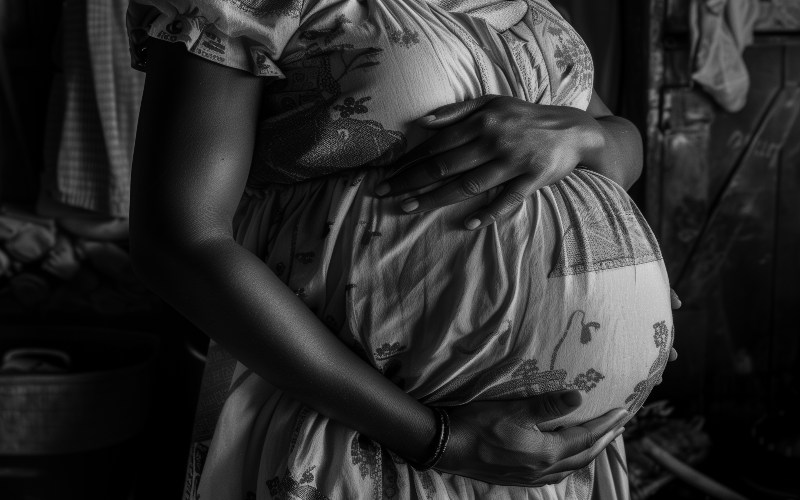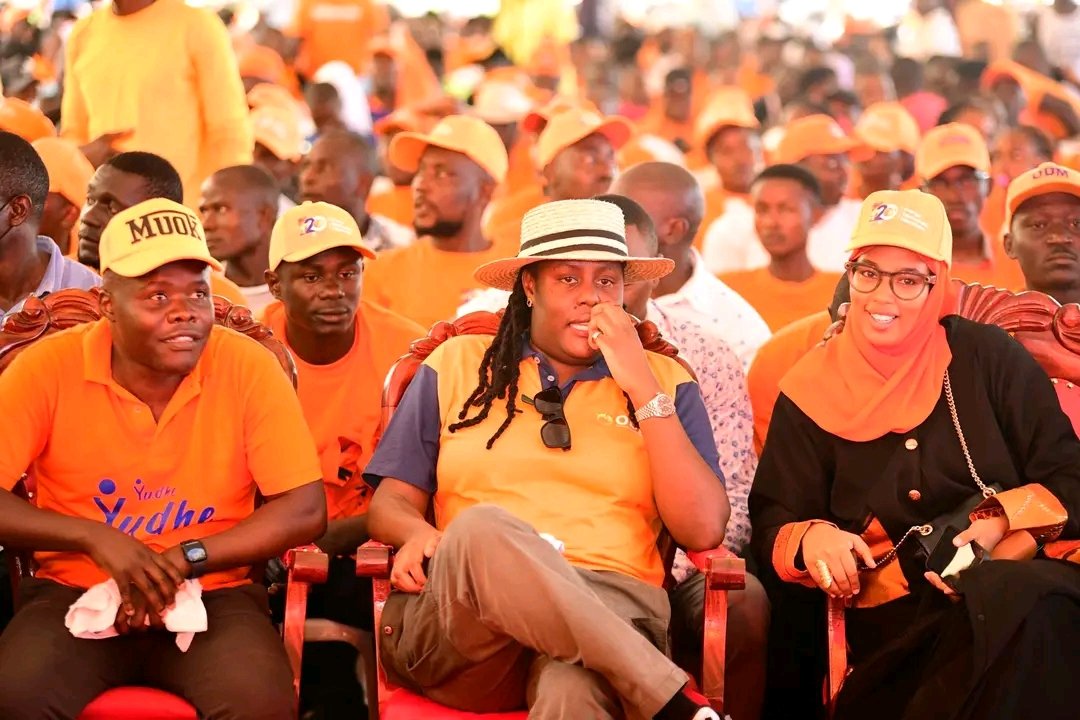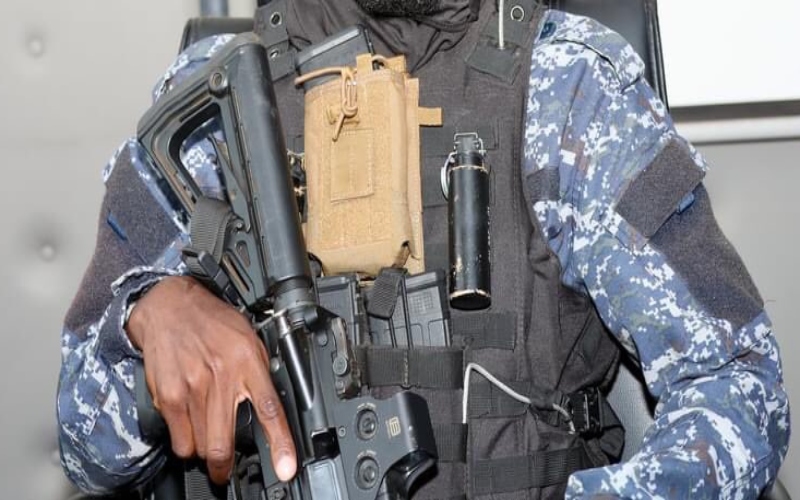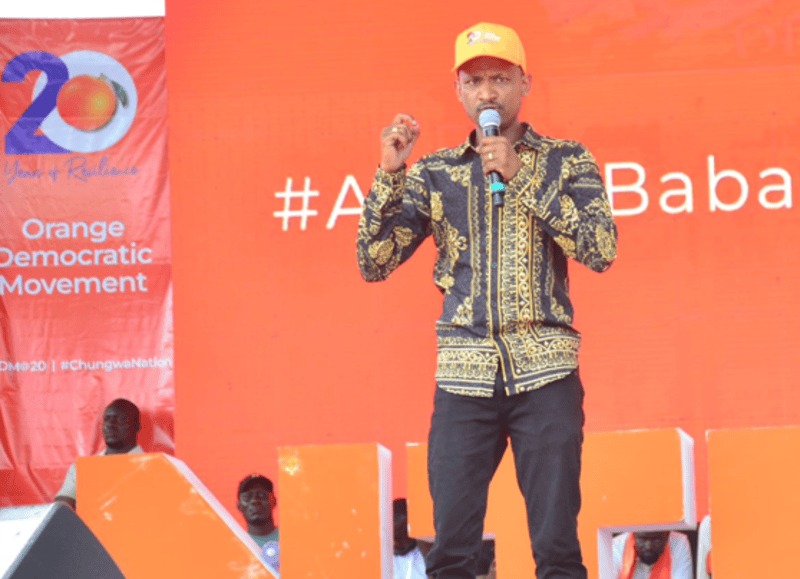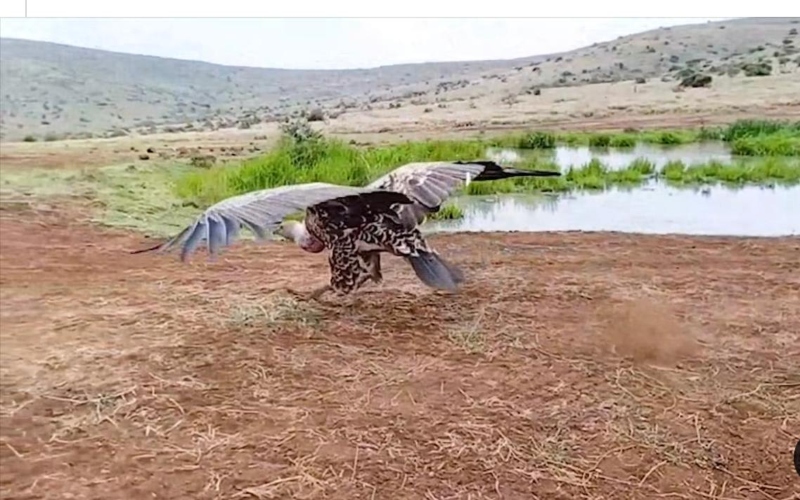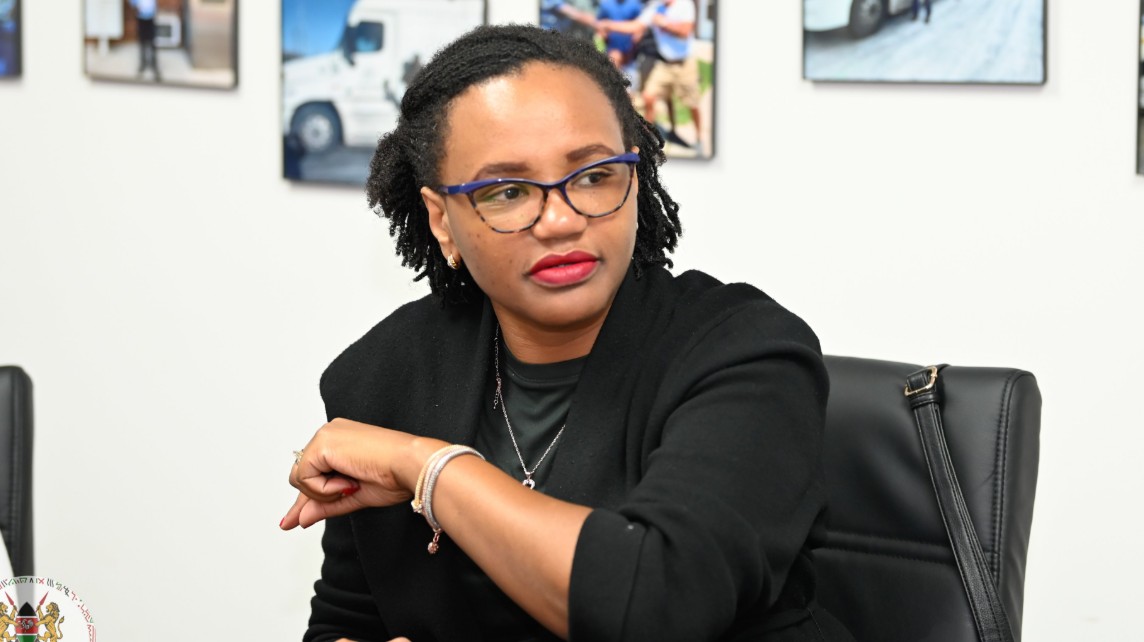DR Congo election: President Felix Tshisekedi declared landslide winner
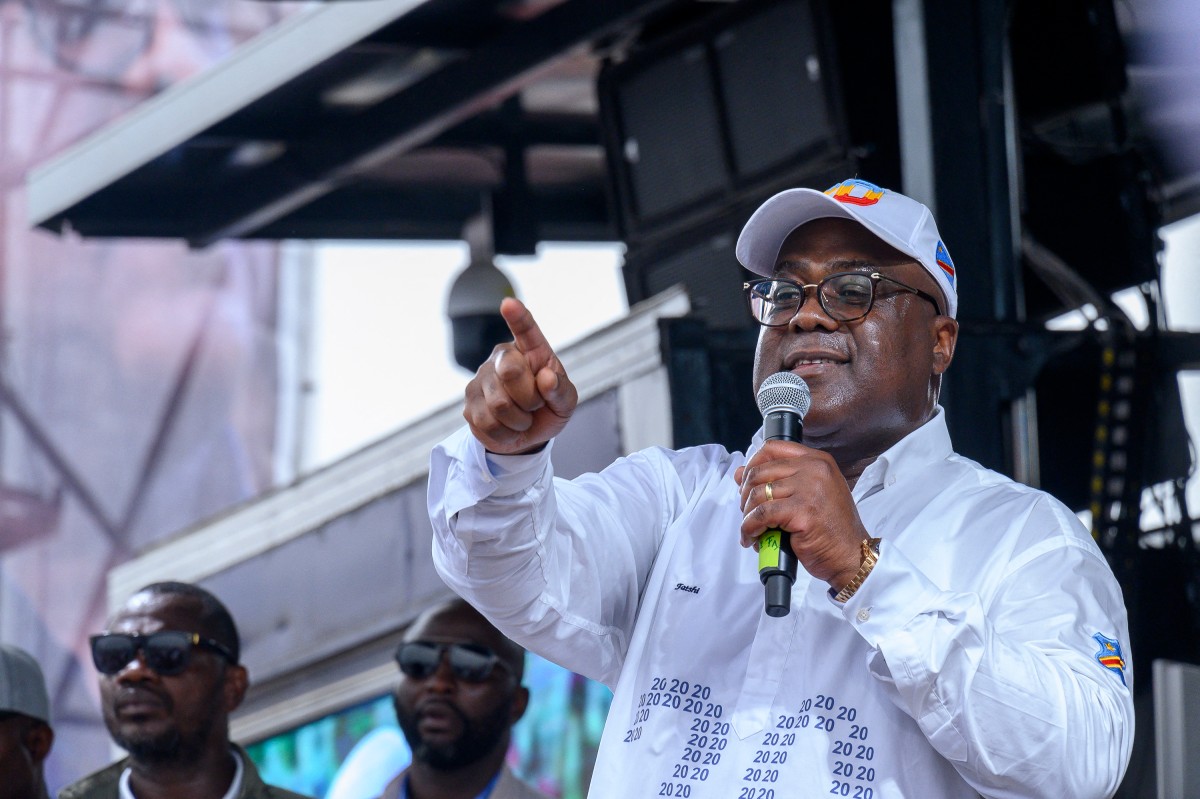
Provisional results from the single-round presidential ballot showed that Tshisekedi had won 73 per cent of the vote.
DR Congo's President Felix Tshisekedi has won a second term in office with a landslide victory, according to provisional results announced Sunday, in a vote opposition leaders have dismissed as a "sham".
Provisional results from the single-round presidential ballot, declared by the country's electoral commission Ceni, showed that Tshisekedi had won 73 per cent of the vote.
More To Read
- Last Ebola patient discharged as WHO starts countdown to end DRC outbreak
- Tshisekedi, Kagame trade barbs at Brussels Gateway Forum over DRC conflict
- Is Joseph Kabila's death sentence a threat to stability in DRC?
- DR Congo crisis: Funding cuts curtail assistance to victims of violence
- Qatar pledges Sh2.7 trillion investment in DR Congo as it mediates peace talks
- President Felix Tshisekedi says 'no dialogue outside' DR Congo
Moise Katumbi -- a wealthy businessman, football club owner and former provincial governor -- was the runner-up with about 18 per cent.
The Democratic Republic of Congo's Constitutional Court is expected to confirm the provisional results on January 10.
Tshisekedi, 60, first came to power in January 2019 after a disputed election that many observers said he had in fact lost.
Martin Fayulu -- who says he was robbed of the last presidential election in 2018 -- also contested this year's poll but in the end, won about five per cent of the votes.
The 20 remaining candidates, including Denis Mukwege, who won a Nobel Peace Prize for his work with female victims of wartime sexual violence, were either under, or hovering around, one per cent.
Nine opposition candidates -- Mukwege, Fayulu and Katumbi -- on Sunday signed a declaration rejecting what they termed a "sham" election and called for a re-run.
Fayulu, addressing reporters in the capital Kinshasa the same day, said the results "are a masquerade. This must not be accepted".
Tresor Kibangula, a political analyst at the Ebuteli Research Institute who spoke to AFP before the full provisional results were released, said Tshisekedi's vote tally "is way beyond all expectations".
"His dynamic campaign worked" but his scores in some regions "raise questions about the impact of the irregularities that were observed".
'Numerous irregularities'
Some 44 million people out of the 100 million inhabitants of the huge country were registered to vote on December 20 for president, as well as for national and regional lawmakers and municipal councillors.
Initially scheduled for December 20, voting was officially extended by a day to account for problems, and continued for days afterwards in remote areas, according to observers.
One Catholic-Protestant observation mission said it "documented numerous cases of irregularities susceptible to have affected the integrity of the vote".
About 15 embassies have called for "restraint" in the poor but mineral-rich country where post-election tensions have been common.
Authorities say they have taken steps to prevent unrest, especially in the mining areas of the southeast that are Katumbi's stronghold.
They also stress that any electoral disputes must be presented to the Constitutional Court.
But opposition leaders say they have no confidence in the court or Ceni, which they argue is subservient to the government.
Story by AFP
Top Stories Today
